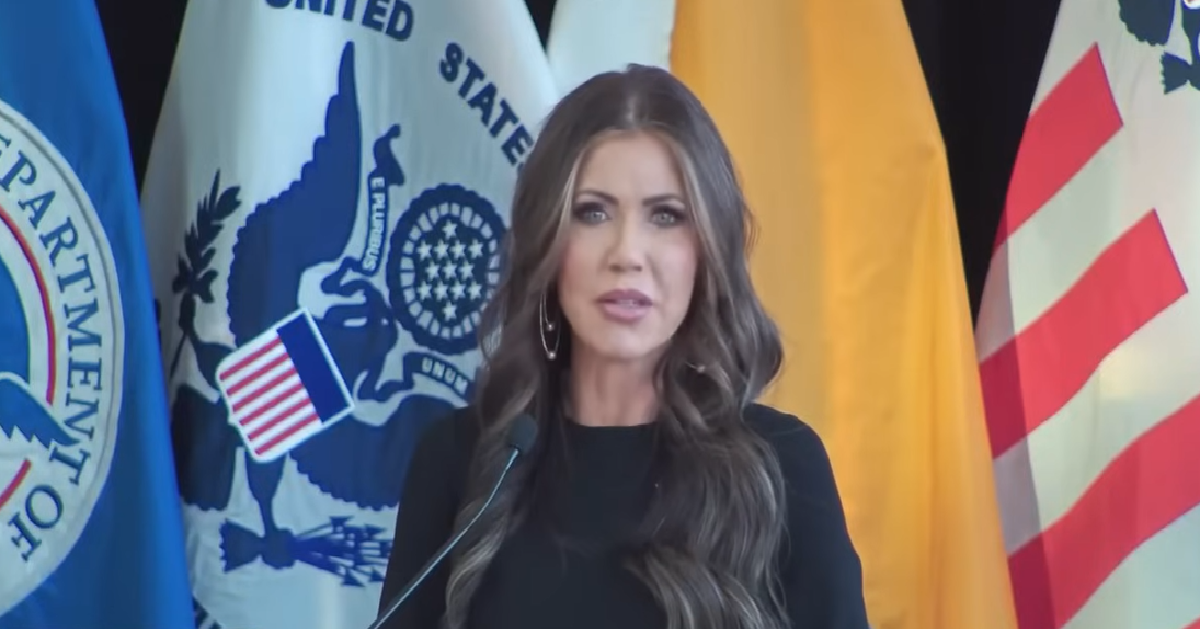U.S. Supreme Court grants TikTok's emergency appeal request
As the potential banning of TikTok nears, the company is scrambling for assistance at the highest level, taking their emergency case all the way to the U.S. Supreme Court.
According to the New York Post, the high court agreed to take up a challenge to the federally passed law that would result in the banning of TikTok in the United States unless it is sold to a U.S. entity.
The law was passed after the company experienced a mountain of controversy regarding privacy concerns of American citizens, given that its parent company, ByteDance, is Chinese-based.
The Supreme Court said in the one-page order on the issue that it will whether or not the law that would ban the popular app, passed by Congress, is a violation of the First Amendment.
What's going on?
The law that would potentially result in TikTok's banning is set to take effect on Jan. 19, just one day before President-elect Donald Trump is set to take office.
The Supreme Court, in its order granting the company a chance to challenge the law, will hear arguments from both the company and the Department of Justice on Jan. 10.
The law was passed by Congress earlier this year and signed into law by President Biden in April, which set the stage for a giant legal fight initiated by the company to keep the app alive and running in the United States.
The New York Post noted:
The potential ban is a result of a bipartisan measure passed by Congress and signed into law by President Joe Biden called the Protecting Americans from Foreign Adversary Controlled Applications Act. The law requires TikTok’s China-based parent company ByteDance to sell the app to an American company or be banned.
In its emergency appeal to the Supreme Court, lawyers for TikTok argued that the federal law was a direct violation of the First Amendment.
"Congress’s unprecedented attempt to single out applicants and bar them from operating one of the most significant speech platforms in this Nation presents grave constitutional problems that this Court likely will not allow to stand," TikTok's lawyers wrote.
Previously rejected
TikTok and its lawyers didn't find much success in challenging the law in lower courts, hence why they decided to appeal to the high court for one last look.
The Post noted:
Earlier this month, the US Court of Appeals for the District of Columbia Circuit in Washington rejected arguments by the companies and some TikTok users that the law violates their free speech rights under the Constitution’s First Amendment, much to the dismay and shock of free speech advocates, including the ACLU.
The DC Circuit court denied a request from the company to temporarily block the law.
Only time will tell what the high court decides on the matter.






